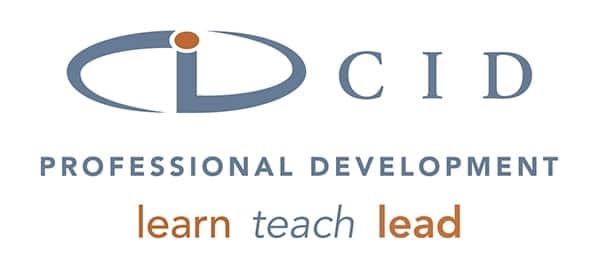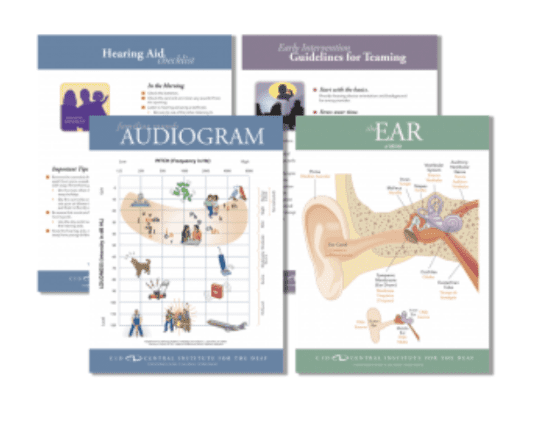Learning to become an effective reader is a complicated process for students with hearing loss. High quality reading instruction for students with hearing loss should include explicit and systematic instruction in the five essential components of reading:
- phonemic awareness
- phonics
- vocabulary development
- reading fluency
- comprehension
One way teachers and families can work together to support reading success for their students and encourage a love for reading is to help them choose “just right” books. “Just right” books are books that challenge students but can be read independently with an understanding of what the author is saying. Reading “just right” books every day can help students with hearing loss overcome reading delays by reinforcing vocabulary, building reading fluency skills and supporting reading comprehension.
How to help your students choose “just right” books:
- Find out topics that interest your students. Engage them in conversation about their interests. Get them excited about looking for books about their favorite topics. When children are interested in what they are reading they are more likely to stick with the book, even if it’s a bit challenging. Be supportive of their choices. The goal is to be encouraging and build strong readers who read for pleasure.
- Provide time for your students to browse through a collection of books. Visit your local library, school library or favorite bookstore. You can ask the librarian for a list of high interest books that are favorites in your students’ age group.
- Once you have found a selection of books that you think your student will enjoy, open the book to page 2 or 3 and have your student read the page to you.
- Use the five finger test. Starting with a closed fist, hold up one finger for each word your student misreads or doesn’t know. Zero to two fingers means that you have found a “just right” book, a book that your student can read independently. If your student can not read five or more words on the page, then the book may be too hard to read independently and may be a good book for you to read to your student. A key factor to independent reading is choice (Irene C. Fountas and Gay Su Pinnell, 2020). Let your student choose the “just right” books he wants to read.
- Make reading for pleasure a part of your daily schedule. Create a cozy reading space where your students can enjoy reading a new “just right” book. For younger students, encourage them to read the books again and again and again! Repeated readings build reading fluency skills.
- Be a reading role model for your students. Let them see you reading and enjoying books. Talk to them enthusiastically about the book you are reading. Recommend high quality books and favorite authors to them.
Providing “just right” books for your students to enjoy is one way to support growth in reading. According to Fountas and Pinnell, “Independent reading offers the opportunity for students to develop tastes as readers and to read a large number of self-selected books on their own. It is as students read, enjoy and interact with texts that they choose that they will become lifelong readers.”
Happy reading!













